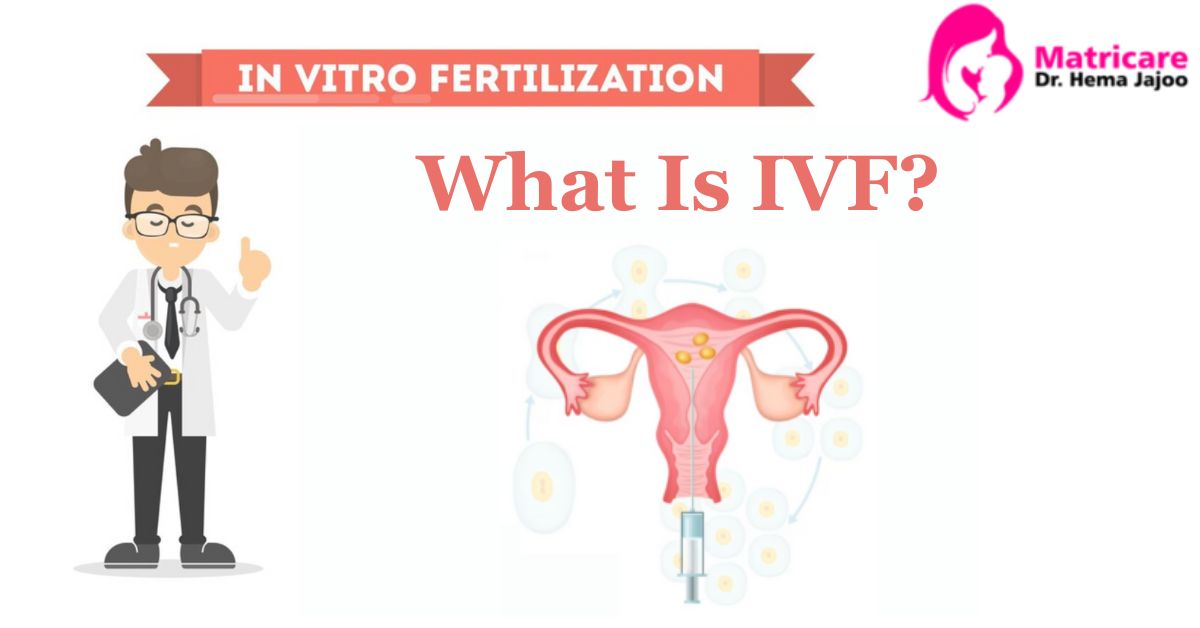IVF stands for in vitro fertilization. It is a complex medical procedure used to help individuals or couples who are struggling with infertility or other reproductive issues to conceive a child. The process involves combining an egg and sperm outside the body, in a laboratory dish, to create an embryo. The embryos are then transferred to the uterus, where they may implant and result in a pregnancy.
Here is a step-by-step overview of the IVF process:
Ovarian Stimulation:
The woman undergoing IVF is given hormonal medications to stimulate the ovaries to produce multiple eggs instead of the usual single egg that is released during a natural menstrual cycle.
Egg Retrieval:
Once the eggs have matured, a minor surgical procedure called egg retrieval is performed under sedation. A thin needle is inserted into the ovaries through the vaginal wall to collect the eggs.
Sperm Collection:
Around the same time as egg retrieval, the male partner or a sperm donor provides a semen sample, which is prepared in the laboratory to separate the sperm from the seminal fluid.
Fertilization:
The collected eggs and sperm are combined in a laboratory dish or test tube. This can be done through conventional IVF, where the eggs and sperm are placed together and allowed to fertilize naturally, or through intracytoplasmic sperm injection (ICSI), where a single sperm is injected directly into each egg.
Embryo Development:
After fertilization, the embryos are monitored and allowed to develop for a few days in the laboratory. The embryologist assesses the quality and viability of the embryos.
Embryo Transfer:
The selected embryos are transferred into the woman’s uterus through a thin catheter, which is inserted through the cervix. The number of embryos transferred depends on various factors, such as the woman’s age, embryo quality, and medical history. Any remaining embryos of good quality may be frozen for future use.
Pregnancy Test:
About two weeks after the embryo transfer, a blood test or urine test is performed to determine if pregnancy has occurred.
It’s important to note that IVF success rates can vary depending on several factors, including the age of the woman, the cause of infertility, the quality of the eggs and sperm, and the expertise of the best fertility clinic in Indore. IVF is a complex and costly procedure that may require multiple cycles to achieve a successful pregnancy. For more Information

